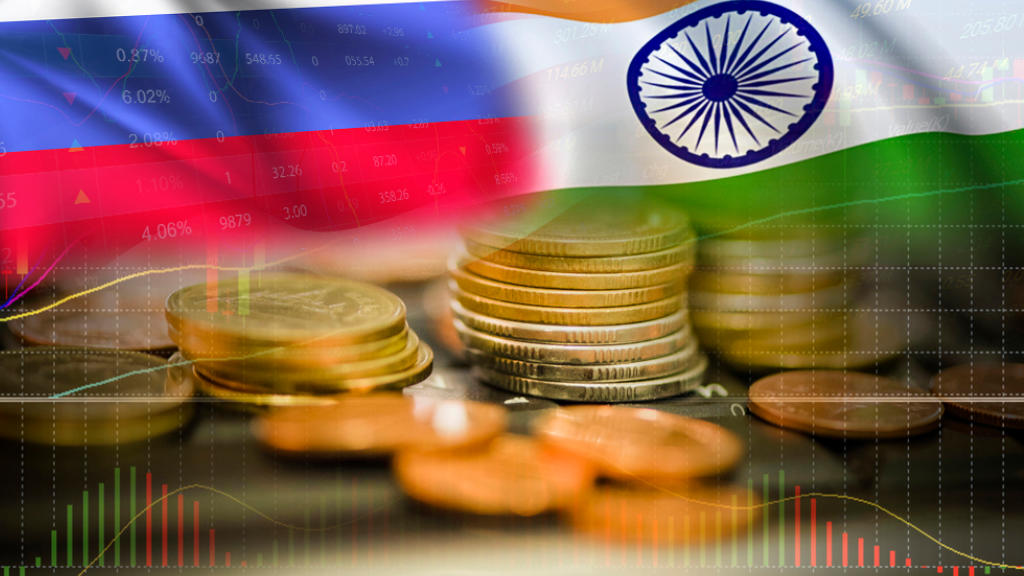India’s Foreign Minister Subrahmanyam Jaishankar has stated that New Delhi’s decision to purchase energy supplies from Moscow are pivotal to India and its rise as the world’s fastest-growing large economy.
Speaking at an event in Mumbai, India’s financial capital, Jaishankar emphasized that the nation’s purchases of Russian crude since the beginning of the Ukraine conflict in 2022 had triggered a debate, “because people were trying to pressurize us not to do it, but we held our position.”
Since the outbreak of the Ukraine conflict, New Delhi has faced constant scrutiny from the West due to its robust trade and diplomatic ties with Moscow. Western officials and media have claimed that trade with India has allowed Moscow to “soften the blow” of sanctions imposed by the US, EU and their allies. Jaishankar and other top Indian officials have repeatedly underlined the need to foster relationship with Russia, not only because of historically close ties, but also because of the “pragmatic” needs of the nation of 1.4 billion.
“Today, Russia has become a big natural resource provider for India”, Jaishankar said on Monday (May 13). While annual trade between the two countries previously stood at US$10-20 billion, it has skyrocketed to up to US$70 billion, largely on the back of Indian oil purchases. Indian refiners imported a total of 1.96 million barrels per day (bpd) of Russian crude in April, this year, the highest since July 2023, according to reports in the Indian media.
Jaishankar underlined that trade ties between New Delhi and Moscow are not limited to crude oil and defense, as is commonly perceived. “We deal in oil, high-quality coal, metals of various kinds, and fertilizers,” he noted. He added that India has a pressing need for resources to “drive the momentum.”
The Indian economy is growing rapidly and is expected to become the world’s third largest by the end of this decade, behind only the US and China. Owing to continued growth, New Delhi has raised its GDP growth outlook for fiscal year 2023-24 from 7.3% to 7.6%. India is also set to become the world’s third-largest consumer market by 2026, according to the ‘India Economic Perspectives’ report by UBS. In 2023, India’s household consumption surged to US$2.1 trillion, nearly double the previous decade, according to the report.
Speaking at another event on Monday, Jaishankar commented on friction with the West over oil trade with Russia. The diplomat claimed that New Delhi’s dialogue with Washington had caused a shift in the latter’s perception of India-Russia trade ties. He contrasted this with the “emotional” response among some European nations, which he believed could have been influenced by pressure from the United States concerning a Russian invasion of Europe. Moscow has denied having such intentions and has instead pointed the finger at US weapons and oil manufacturing being significant beneficiaries of European fears.
Since the conflict began, EU economies have been flirting with recession and reduced productivity due to the higher cost of energy which it now imports mainly from the United States at far higher rates than they previously purchased from Russia.
Further Reading
Russia – India 2024 Trade & Development
Russia’s trade and development dynamics with India are comprehensively featured in our 2024 Russia’s Pivot to Asia guide, which is a complimentary download and can be accessed in English here and in Russian here.

 Русский
Русский













